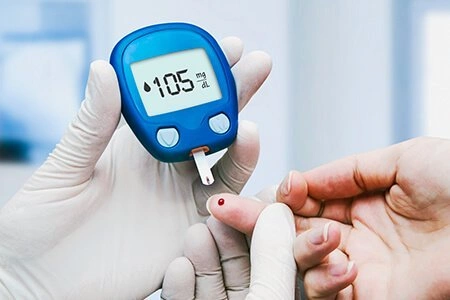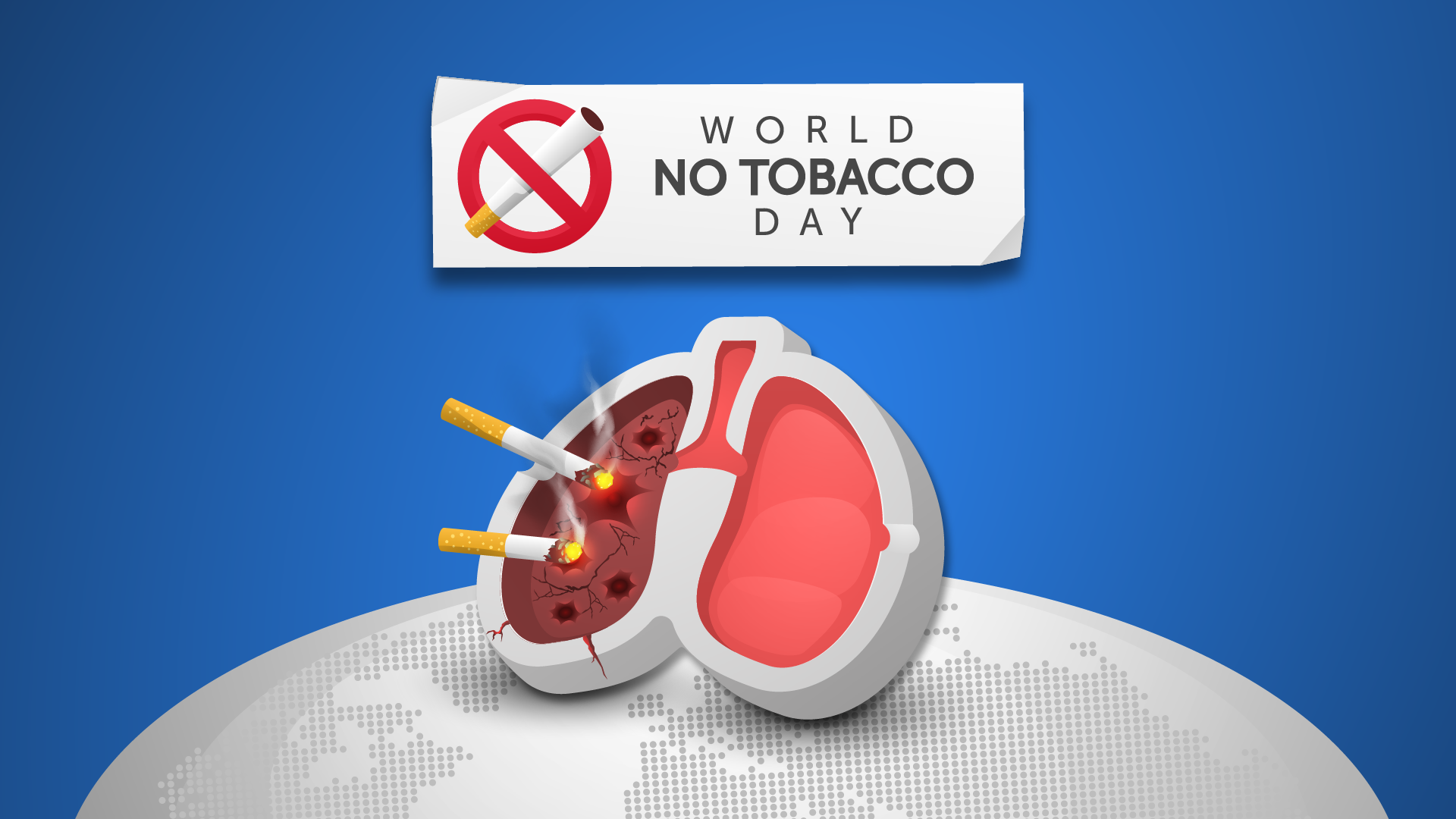Diabetes and your Heart
Learn how diabetes increases heart disease risk and discover practical lifestyle changes to protect your heart and manage blood sugar effectively.

Diabetes and heart disease frequently coexist. Discover how to safeguard your heart with easy lifestyle adjustments that can also assist you in controlling diabetes.
Over time, excessive blood sugar might harm your heart’s nerves and blood vessels. People with diabetes are also more likely to have other conditions that raise the risk for heart disease:
- High blood pressure makes your arteries work harder and can harm the artery walls. Your risk of heart disease might significantly increase if you have both high blood pressure and diabetes.
- Plaque can develop on damaged artery walls when your bloodstream contains an excessive amount of LDL (“bad”) cholesterol.
- Low HDL (“good”) cholesterol or high LDL cholesterol as well as excessive triglycerides, a form of fat found in the blood, are thought to be responsible for the hardening of the arteries.
None of these conditions exhibits any symptoms. Your doctor can perform a quick blood test to examine your LDL, HDL, and triglyceride levels as well as monitor your blood pressure.
These elements may also increase your risk of developing heart disease:
- Smoking
- Being overweight or obese
- Being inactive
- Eating a diet heavy in saturated fat, trans fat cholesterol, and sodium (salt)
- Drinking excessive amounts of alcohol
Heart failure is more common in those with diabetes. Heart failure is a dangerous condition that indicates poor blood flow from the heart, not that the heart has stopped beating. This may cause your legs to swell and cause fluid to accumulate in your lungs, making it difficult to breathe. Heart failure usually becomes worse over time, but early diagnosis and treatment can aid with symptom relief and can even prevent or delay the condition’s deterioration.
Checking for Heart Disease
Your doctor will be able to better assess your overall risk for heart disease with the help of your blood pressure, cholesterol levels, and weight. Additionally, your doctor might suggest the following tests to assess the condition of your heart:
An electrocardiogram (ECG or EKG) to measure your heart’s electrical activity. Your heartbeat is the result of an electrical impulse travelling through your heart.
An echocardiogram (echo), measures the thickness of your heart muscle and the efficiency of its pumping.
A treadmill test to assess how well your heart works under stress during activity.
Keep Your Heart Healthy
You can control your diabetes and reduce your risk of heart disease by making the following lifestyle changes:
Maintain a balanced diet.
Increase your intake of healthy grains, lean proteins, and fresh produce. Reduce your intake of processed foods (such as fast food, candies, and chips) and steer clear of trans fats. Increase your water intake and cut back on sugary beverages and alcohol.
Aim to maintain a healthy weight.
If you are overweight, even a small weight loss will lower your blood sugar and triglycerides. 5% to 7% of body weight, or 10 to 14 pounds for a 200-pound person, is considered a modest weight loss.
Get moving.
Being physically active increases your body’s sensitivity to insulin, which helps you control your diabetes by allowing your cells to use blood sugar as fuel. Additionally, exercise lowers your risk of heart disease and helps regulate blood sugar levels. Try to engage in 150 minutes or more of physical exercise of a moderate level per week, such as brisk walking.
Stress management.
Your blood pressure can increase due to stress, which can also result in harmful behaviours like binge drinking or overeating. Visit a mental health counsellor instead, practise deep breathing exercises or meditation, engage in some physical activity, or solicit help from loved ones and friends.
Additionally, your doctor can recommend drugs to assist you maintain levels of your target blood sugar, blood pressure, cholesterol, and triglycerides.
You may also like
Unmasking the Appeal: What Tobacco Really Does to the Heart



